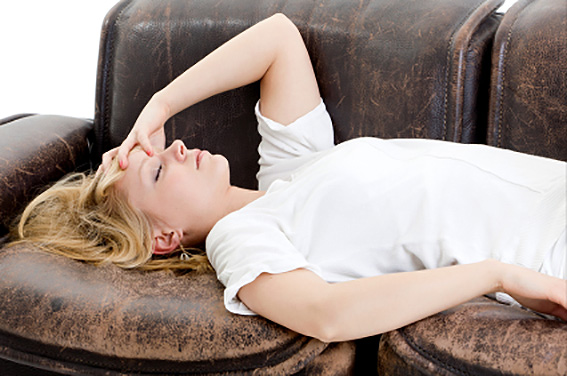How to reduce listlessness at night?
updated the 13 June 2014 à 23:16The evening is the moment when the body lets go of all the tension, and, depending on the nutritional intake of the day, is more – or less – resistant to fatigue.
Falling asleep in front of the television or at a party in town is understandable after an especially heavy workload or some sort of emotional shock. But if it becomes customary, unless of course, all your days are particularly difficult, a lack of iron and/or cortisol might be the case.
The mechanisms involved.
Iron is essential for the red blood cells to transport oxygen. It also contributes to the conversion of thyroid hormone T4 to T3, which is the most active. There exists, however, a waiting period during which the iron available is squandered by daytime activities, and this results in its scarcity at night. It works exactly the same way for cortisol, which is produced during the night by the adrenal glands; in the evening, having emptied its reserves, it collapses!
How to fix it?
Increasing iron intake reduces fatigue, especially amongst women already suffering from anaemia due to heavy menstrual periods or low meat consumption. Slowly build on the iron-rich foods (fish, vegetables, wheat germ and brewer’s yeast) and nutritional supplements (30-80 mg iron/day) as well. But beware: overdose of iron may cause damage to the liver, heart and perhaps even the brain. It is therefore much more advisable to consult a doctor and diagnose an actual deficit before straying into self-medication.
Thierry Souccar
Read more from our Fatigue series:
Morning fatigue: Causes and solutions
Why do we get tired in the day?
How do we regain energy during the day?




